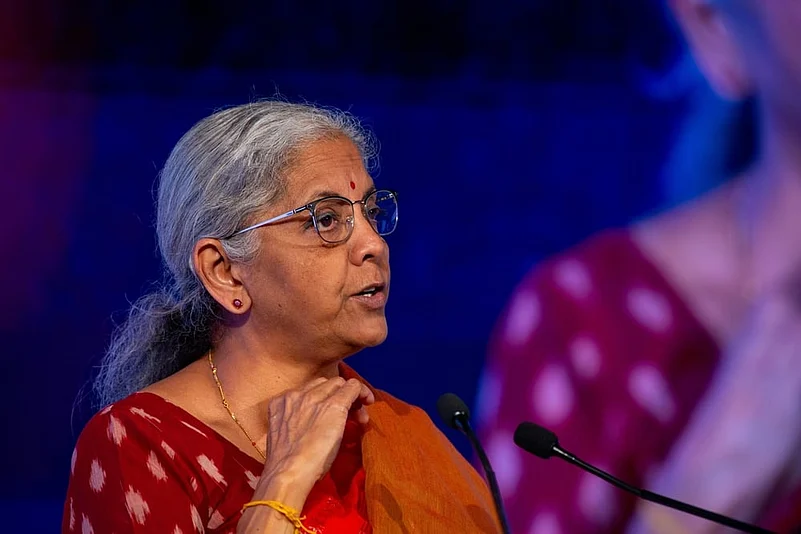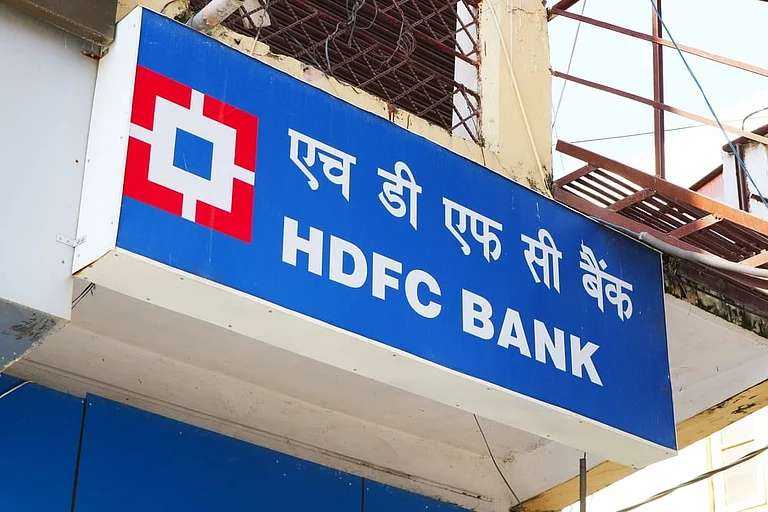Rajya Sabha has passed the Banking Laws (Amendment) Bill, 2024, which introduces significant amendments to banking laws, including allowing four persons to be nominated by the bank account holder. The bill was cleared through a voice vote in the Rajya Sabha on Wednesday, March 26, 2025, and had already been cleared in the Lok Sabha during the Winter Session, in December 2024.
One of the significant amendments redefines the definition of the term 'substantial interest' of a person in a bank. The 'substantial interest' generally refers to having a large financial interest or ownership stake in a business; this is usually defined as owning shares worth more than five lakh rupees or 10 per cent of the company's paid-up capital, whichever is lower. The limit, which was set at Rs 5 lakh nearly six decades ago, has been increased to Rs 2 crore to keep pace with the changing financial environment. This amendment is expected to have repercussions for shareholders as well as governance in banking organisations.
Finance Minister Nirmala Sitharaman, in responding to a debate on the bill in Rajya Sabha, underlined that the government remains committed to working on non-performing assets (NPAs) and going tough on wilful defaulters. She mentioned that over the last five years, the Directorate of Enforcement (ED) has handled around 112 cases of bank fraud involving big defaulters.
Refuting concerns of bad loans raised by opposition members, Sitharaman clarified that write-offs do not necessarily mean waiving off loans, and asserted that banks will continue with recovery efforts. She also quoted that public sector banks have made their highest-ever profit of about Rs 1.41 lakh crore in the last fiscal year and hoped that profitability would increase further in 2025-26.
The bill makes amendments regarding cooperative banks. It extends the tenure of directors (excluding the chairman and whole-time directors) from eight years to ten years, as envisioned in the Constitution (Ninety-Seventh Amendment) Act, 2011. The amendment will allow a director of a Central Cooperative Bank to serve on the board of a State Cooperative Bank, which can potentially enhance leadership stability in such banks.
Another important change is the modification of regulatory reporting dates for banks. Instead of the second and fourth Fridays of the month, banks will now have to submit regulatory compliance reports on the 15th and last day of each month. This modification is aimed at improving consistency in financial regulation.
The bill also provides greater autonomy to banks in deciding the remuneration of statutory auditors, a move likely to encourage flexibility in financial regulation.
For consumers, the availability of up to four nominees for bank accounts, fixed deposits, and lockers is a significant change. Cash as well as fixed deposits will be permitted simultaneous nomination, hence succession planning will be encouraged. For lockers, simultaneous nomination will be the only option available, similar to insurance products and other instruments.
Rajesh Katoch, CEO of EZ Capital, says, "The amendment allowing for a maximum of four nominees in bank accounts allows customers more flexibility and security in handling their money. Multiple nominees allowed through the accounts enable account holders to ensure equitable and effective transfer of assets to their preferred beneficiaries—family or dependents—upon their death. This minimizes the likelihood of legal squabbles among heirs and makes the process of claiming by nominees simpler. Moreover, it provides assurance to the depositors that their funds are available to trusted people without unwarranted delays".
When talking about whether this availability to add four nominees might cause confusion among the masses or not, Kunal Varma, the co-founder and CEO of Freo, a digital lending platform, says, "Sure it could. More nominees might mean more confusion sometimes. If the percentages aren't spelt out clearly, you'll definitely see relatives arguing over who gets what. I've seen this happen with my uncle's accounts - a total mess because nothing was properly documented. Banks need to make sure they're educating customers about specifying exact percentages for each nominee. Otherwise, you're just trading one problem for another. The process will only work smoothly if people know exactly how to set it up right".
Sitharaman has referred to the bill as unique and said it will make changes to five various banking statutes and took eight dedicated teams' brainstorming. The amendments transferred through this law are expected to place bank operations in contemporary times, facilitate regulatory compliances easily, and provide additional protection to depositors and stakeholders.











